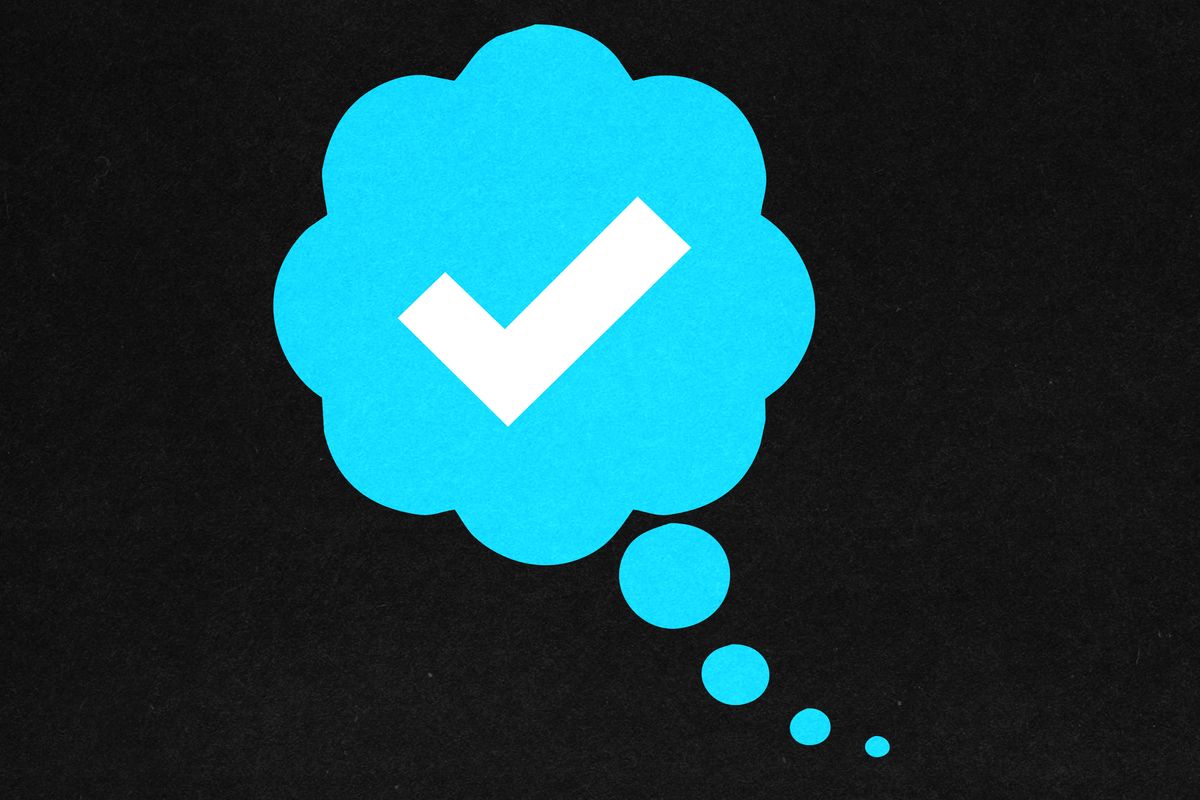
During a recent Periscope live stream, Twitter CEO Jack Dorsey said that the company is working on making verification an option for everyone. To be more specific, they are rethinking and reworking their verification process because they believe, as it currently exists, it’s not working. I have a ton of questions about what this is (or isn’t), but let’s start with this one – will this take away from knowing which accounts actually belong to celebrities. For example, if I want to follow Ryan Gosling, I want to make sure that I’m following him and not a fanboy who is just posting stuff on his behalf. So how would that work?

That said, I think they’ve had problems with verifying people who are unpopular (or racist, as the case might be), so is this move in an attempt to help with that problem? If yes, then I’m on board. I don’t mean to sound elitist, but like I said – I like knowing that celebrity accounts belong to celebrities. According to Twitter “the intention is to open verification to everyone, and to do it in a way that scalable, [so] we’re not in the way and people can verify more facts about themselves and we don’t have to be the judge or imply any bias on our part”. But that sounds like a cop-out to me. All this will do is allow other people to verify people who are “unpopular” so Twitter isn’t in the middle. Which isn’t fair.

Gasca said that a small team has been tasked to review verification and that because of how it began and how it has changed in recent years, verification is confusing and interpreted differently than what the company intends it to be. “The main problem is, we use [the checkmark] to mean identify, but in user research, users think of it as credibility”. I mean – of course, we do. I hate to keep saying the same thing – but if you don’t “identify” the real Ryan Gosling, how do I know it’s coming from him and not someone else? Gasca also states that the information is used to indicate that someone is authentic, and that’s not their intention. But isn’t that what the point is?
Someone, please explain to me the difference between identifying someone and saying they’re authentic? I guess the way I look at it is like this – someone needs to tell me, which Ryan Gosling account actually belongs to him. So if it’s not going to be Twitter, who is going to do this? Let me move away from this Ryan Gosling example for a moment. (I don’t even really like Gosling that much) What if there was a fake Donald Trump Twitter account out there spewing worse information (if that’s even possible) than what is being said now? We wouldn’t necessarily know which account belonged to the real Donald Trump. (Although, I think his Twitter handle is @realdonaldtrump)

The point I am trying to make is that there are flaws with the verification system. But at the same time, I think Twitter needs to maintain the system in order to provide that kind of information to the public so that they know who they are interacting with or following. If they don’t do it, then who will? Maybe they need different levels of checkmarks – celebrities can have blue, and organizations get green etc. Regardless, some kind of verification system needs to be used to differentiate certain groups of people, in my opinion.

[…] post Should Twitter Open it’s Verification System Up to Everyone? appeared first on Saintel […]